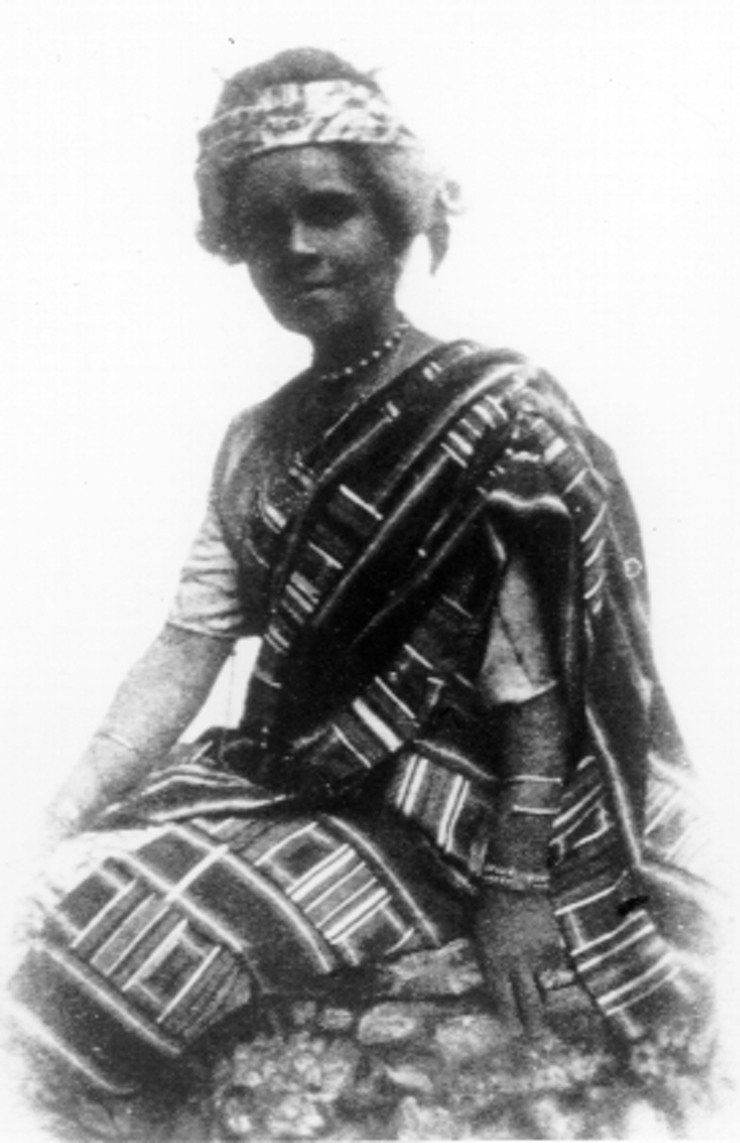Adelaide Casely-Hayford, born on the 2nd of June in 1868, was a Sierra Leone Creole Pan-African feminist, educator, and author. Hayford established a vocational school for young girls in Sierra Leone that emphasized racial and cultural pride.
Hayford was born into an elite Sierra Leone family in Freetown, British Sierra Leone. She spent much of her youth in England and studying throughout the West, also studying music in Germany at the age of 17.
While in England, Adelaide married West African author and Pan-Africanist J. E. Casely Hayford (also known as Ekra-Agiman). Their marriage may have influenced her transformation into a cultural nationalist.
In May 1914, Hayford returned to Sierra Leone, dedicating the rest of her life to educating African girls. In October 1923, she established the Girls' Vocational School, one of the first educational institutions in Sierra Leone to provide young girls with an African-centered education, according to historian Keisha N. Blain.
Hayford frequently traveled throughout the world, giving a speaking tour in the United States on misconceptions about Africa. Author Brittany Rogers notes that these travels also exposed her to the exploitation of black female labor throughout the world.
Although her educational concept for young girls had a Victorian-influenced, middle class domesticity in mind, Rogers writes that these travels led Hayford to begin writing and speaking on matters of labor as well. Hayford died in her hometown of Freetown, Sierra Leone in 1960.
"Instantly my eyes were opened to the fact that the education meted out to [African people] had...taught us to despise ourselves. Our immediate need was an education which would instill into us a love of country, a pride of race, an enthusiasm for the black man's capabilities, and a genuine admiration for Africa's wonderful art work."
Megathreads and spaces to hang out:
- 📀 Come listen to music and Watch movies with your fellow Hexbears nerd, in Cy.tube
- 🔥 Read and talk about a current topics in the News Megathread
- ⚔ Come talk in the New Weekly PoC thread
- ✨ Talk with fellow Trans comrades in the New Weekly Trans thread
reminders:
- 💚 You nerds can join specific comms to see posts about all sorts of topics
- 💙 Hexbear’s algorithm prioritizes comments over upbears
- 💜 Sorting by new you nerd
- 🌈 If you ever want to make your own megathread, you can reserve a spot here nerd
- 🐶 Join the unofficial Hexbear-adjacent Mastodon instance toots.matapacos.dog
Links To Resources (Aid and Theory):
Aid:
Theory:


Yeh. Everyone has culture, it's everything we do and think. Giant trucks are white culture, watching sports or wrestling is white culture, marvel movies, politics as sport, funko pops, hot sauce, tiktok dances, and anything else i missed. White culture might seem banal or be alienating, but it's no less real for that.
There's no more or less authentic culture, there's just culture, everyone has it, and there's no way to escape from it.
This mf has never heard of Turkey or Japan
Pretty much every culture on earth has it's own wrestling styles, practices, and culture. There's plenty of cultural exchange between US, Mexican, and Japanese pro wrestling, for instance, but they each have their own unique practices and traditions.